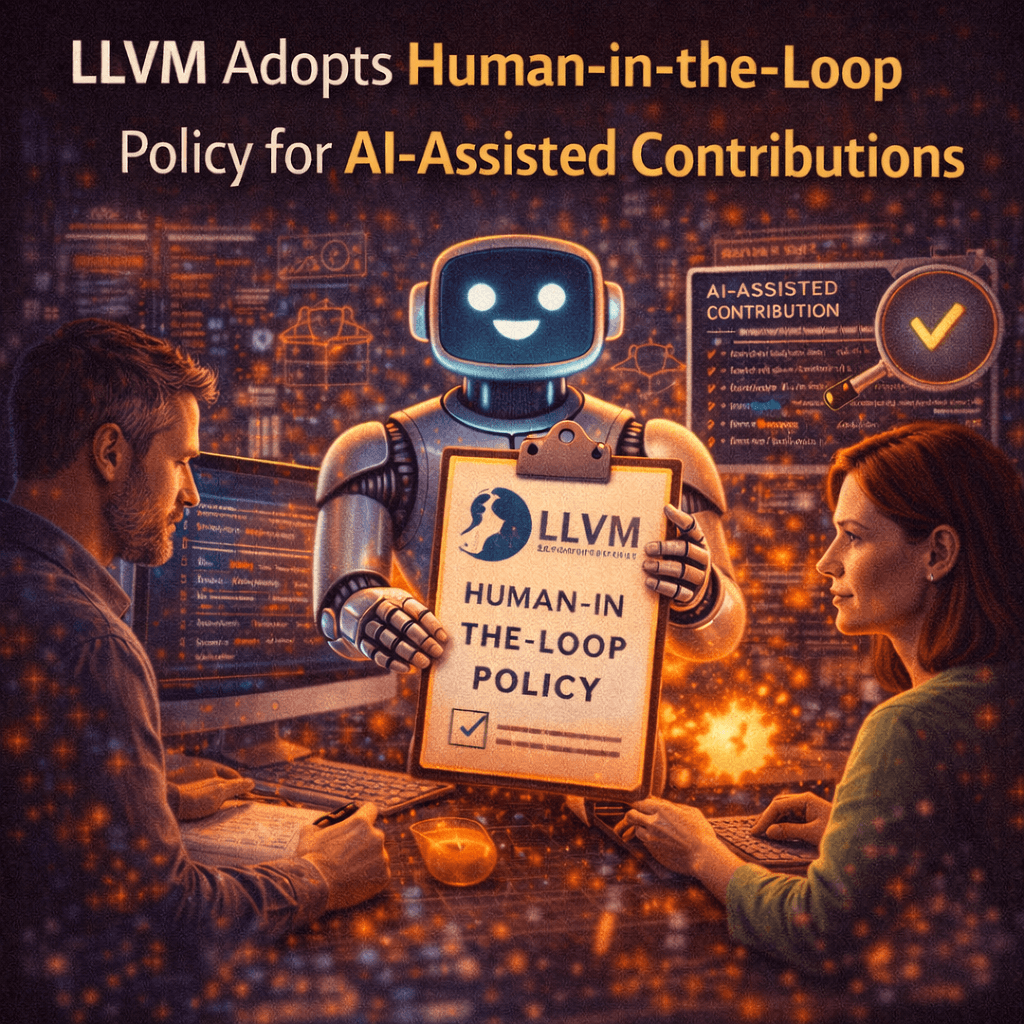Can AI translate old programming logic to modern equivalents?
Yes, AI can help translate old programming logic into modern equivalents — and it’s increasingly being used for that exact purpose in areas like code migration, legacy system modernization, and software refactoring.

How AI Does It
AI models (especially those trained on vast codebases like OpenAI Codex or GitHub Copilot) can:
-
Understand legacy syntax and paradigms
-
For example, old COBOL or BASIC logic can be translated to Python or Java.
-
Procedural code can be restructured into object-oriented or functional paradigms.
-
-
Preserve core business logic
-
The AI identifies what the code is doing (e.g., calculations, validations) and then rewrites it in modern syntax without altering the underlying logic.
-
-
Optimize and refactor
-
AI tools often remove redundant steps, suggest cleaner abstractions, and adapt the code to modern best practices (like using list comprehensions in Python or async functions in JavaScript).
-
Example
Let’s say you have this old-style C code:
for (i = 0; i < 10; i++) {
sum = sum + array[i];
}
AI can translate it into modern Python:
sum = sum(array)Or even further optimized with error handling and type hints, depending on the tool.
Real-World Tools Doing This
-
OpenRewrite, GraalVM – for Java code modernization
-
Codemods – used in React.js and Node.js ecosystems
-
Modernize (Python) – a tool to convert Python 2 to Python 3
-
AI-assisted tools like ChatGPT, Copilot, and Amazon CodeWhisperer
Limitations
-
Context matters – If the legacy code depends on obsolete hardware or business-specific libraries, AI might struggle without documentation.
-
Human validation is crucial – AI can miss edge cases or misinterpret ambiguous logic.
-
Architecture shifts – AI helps with code, but architecture modernization (like monolith to microservices) often requires human-led design.
AI is an incredibly useful assistant, but not yet a replacement for skilled developers when it comes to deeply complex legacy transformations.
You may also like

Summary
Read Full
open_in_newDiscover AI-powered tools that can convert images of tables and diagrams into modifiable PowerPoint presentations, enhancing productivity and efficiency

Summary
Read Full
open_in_newArtificial intelligence is a complex field, but understanding its basics can be straightforward. This guide provides an introduction to AI, its types, and its applications.

Summary
Read Full
open_in_newMozilla has released Firefox 148, introducing new settings for AI controls, improved performance, and enhanced user experience

The 24-Hour Programming Language Revolution: How AI is Changing the Game
Summary
Read Full
open_in_newDevelopers are now building programming languages in just 24 hours with the help of artificial intelligence, revolutionizing the way we approach software development and programming language design

LLVM Adopts Human-in-the-Loop Policy for AI-Assisted Contributions
Summary
Read Full
open_in_newThe LLVM project has introduced a new policy requiring human oversight for all AI and tool-assisted contributions to ensure code quality and reliability

Introducing Plano: A Framework-Agnostic Runtime Data Plane for Agentic Applications
Summary
Read Full
open_in_newPlano is a revolutionary runtime data plane designed to work seamlessly with any framework, enabling agentic applications to reach new heights of performance and efficiency

Is it possible to use a modern web browser to access early 1990s web pages, and what would that experience be like?
Summary
Read Full
open_in_newYes, you can access early 1990s web pages using modern browsers through archives like the Wayback Machine. These sites are simple, text-heavy, and lack interactivity, offering a nostalgic glimpse into the early web fast to load but not mobile-friendly.
Post a comment
Comments
Most Popular











